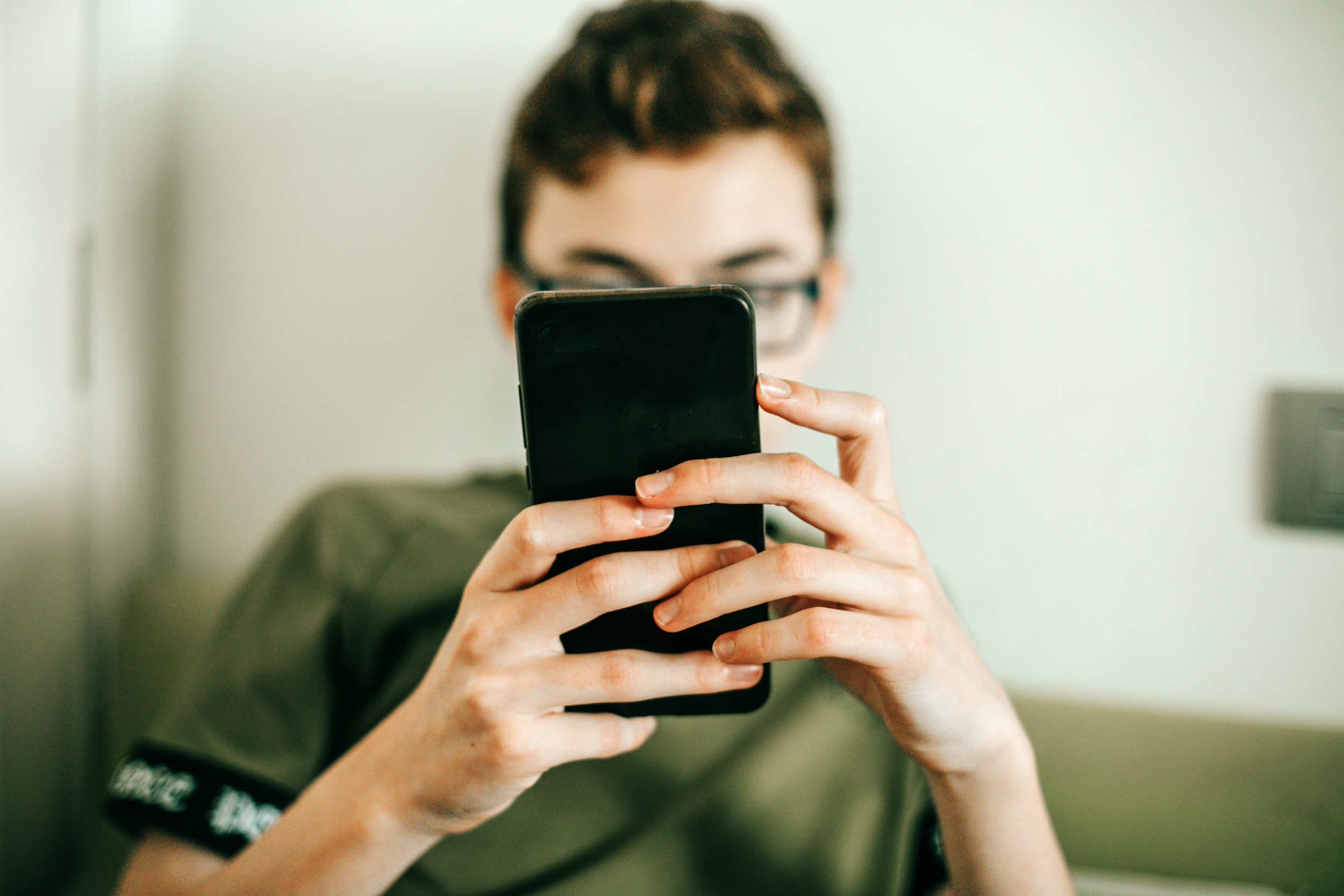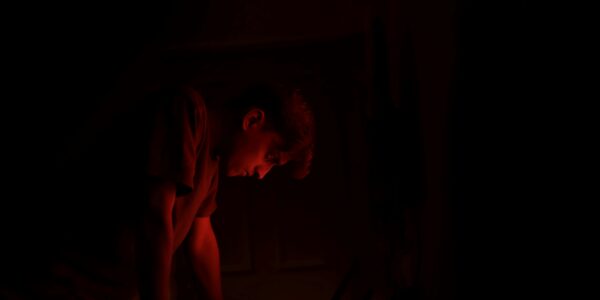LISTEN TO THIS ARTICLE:
This morning, like most mornings, I open Instagram while having my first cup of coffee. Scrolling through friends’ photos and other content, a reel came up that displayed an infographic of possible symptoms of ADHD. Is your house untidy? Yes. Are you embarrassed that your house is untidy? Also, yes. When you attempt to clean it, are you distracted by other things resulting in not cleaning your house? Three out of three. But while I have a messy house, I do not have ADHD. But this isn’t just a one-off. In fact, it’s part of the growing trend among young people of self-diagnosis of mental health conditions via social media platforms.
Many of these platforms do provide information about mental health conditions and many influencers and celebrities have used social media to share their stories about mental health. There is a greater awareness surrounding mental health because of this. However, the truncated nature of social media platforms, such as Instagram and TikTok, often offers an incomplete picture. While social media can provide support and awareness for people living with mental illness, using these platforms to diagnose oneself can be misleading and dangerous.
Social media communities and self-diagnosis
In a 2022 New York Times article entitled “Teens Turn to TikTok in Search of a Mental Health Diagnosis” by Christina Caron, she cites that the pandemic has left many, including young adults, isolated and searching for community. Many have turned to social media to build that community, leading to a lot of misguided attempts at self-diagnosis. Unfortunately, a lot of the information provided in these communities is not always accurate.
Caron states that mental health providers “are seeing an uptick in teenagers and young adults who are diagnosing themselves with mental illnesses — including rare disorders — after learning more about the conditions” on social media. Sometimes this works out; it opens a dialogue with a mental health provider about what the person is experiencing. It also gives young adults the vocabulary to discuss what may be concerning them. Unfortunately, too often, providers are saying, their patients are simply wrong in their diagnosis.
Details are key to the right diagnosis
Many young adults who find mental health information on social media avoid professionals who could confirm or refute their self-diagnosis. This is leading many to seek treatments that don’t work well or aren’t complete. Some of these treatments are even harmful. Many mental health care providers have seen teenagers arrive at their offices convinced of their “social media” diagnosis and stubborn to accept that it’s actually incorrect. They believe that if they have the symptom they must have the disorder. However, according to Annie Barsch, a licensed marriage and family therapist, “it’s not that kind of relationship”.

Many mental health conditions may have similar symptoms and are difficult to distinguish. Self-diagnosis using information found on social media often doesn’t take the subtleties and nuances of the diagnosis into consideration. Having mood swings may seem like bipolar disorder, but mood swings are also part of other diagnosis such as depression or borderline personality disorder. Mood swings could also be related to a medical condition separate from a mental health disorder. A trained clinician would be able to evaluate the severity and length of the mood swings and more accurately diagnose the condition. “Self-diagnosis also undermines the role of the doctor”(Pillay). Building trust between patient and provider is essential for a healthy relationship, and when patients insist they know better, this trust cannot be developed.
Nothing new
The trend of self-diagnosis is not new. WebMD has been drawing people attempting to figure out what was wrong with them for almost 30 years. This is similar in that there is a belief that a list of symptoms equates to a disease. For example, since Covid, many report that they feel anxious and sad. This is a natural response to the circumstance, though many are seeking on-line treatments, including medication. Medication may not be the answer, but only a qualified mental health provider can make that distinction.
Many take a quick “sound bite” diagnosis from social media without further researching. On the internet, anyone has the ability to present themselves as anyone they choose to be. This could include falsely portraying themselves as a doctor, therapist, or any other form of medical professional. Youtube and Tik-Tok are not suitable substitutes for physicians, psychiatrists, therapists and other mental health providers. While “it is okay to explore and learn more about what you may be going through on your own, but you always want the professional opinion of a trained, licensed person to confirm or help identify what is causing you concern”(McGovern Medical).
Looking for acceptance
Caron’s article quotes a sixteen-year-old, Ronan Cosgrove, an avid social media user, as saying “that among some of his peers it has become trendy to identify with a mental health disorder. For them, he added, it is considered a personality trait rather than something you want to heal”. While the community around and awareness of mental health disorders is a positive thing, self-diagnosis from information found on social media can lead to dangerous consequences. “Searching for information online based on your symptoms can make [one] feel worse”. There are over 200 different mental health disorders recognized by the American Psychological Association. The main takeaway is that attempting to diagnose mental disorders on your own is not only unreliable but can also have negative effects on your well-being.
Stigma associated with mental health disorders can often leave one feeling isolated and self-diagnosis can lead to this rather than give the person the support they need. Self-diagnosis can also create a false sense of empathy. “For example, if you diagnose yourself with a condition like depression or anxiety without the help of a trained mental health professional, you might assume that your experience of the condition is how others should experience it. This can cause serious problems. Oftentimes, those who suffer from mental illness can experience extreme fatigue, memory difficulties, and trouble interacting in social environments. A self-diagnosed person might not experience these more serious side effects, and, in turn, assume those suffering from mental health issues might be ‘making it up’ or overreacting”.
Steps forward
Social media isn’t all bad, though. Accounts that list symptoms of mental illness just need to better connect their viewers to resources that can help. That’s mental health professionals who can discuss and diagnose patients beyond a 30 second reel. Instagram accounts like The Depression Project and Reality of Bipolar Disorder, to name two, offer content that helps those with depression and bipolar, respectively. They offer book titles and other resources that one can read on mental illness. Additionally, they often feature spotlights on those living with the conditions. But even these sites could result in self-diagnosis. The platform still doesn’t allow for a deeper exploration of the disorders they represent. The goal of these platforms is awareness, which is admirable, but these platforms need to do more to direct viewers to reputable mental health professionals.

 Learn
Learn Read Stories
Read Stories Get News
Get News Find Help
Find Help
 Share
Share
 Share
Share
 Share
Share
 Share
Share



